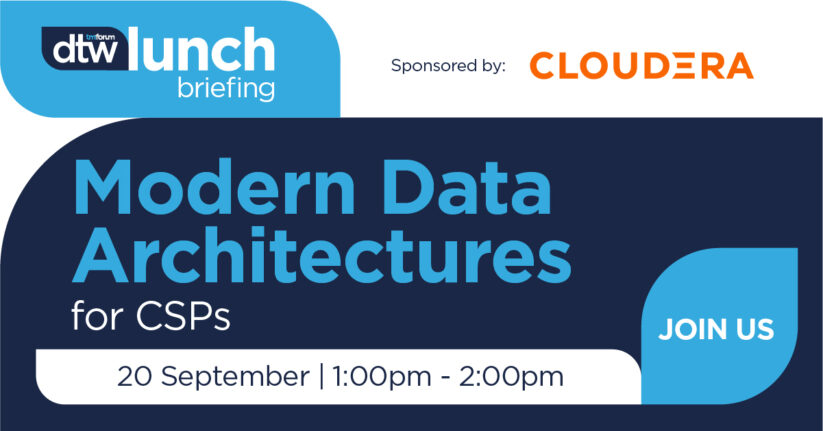“There are some unique challenges introduced by the requirement to govern data across a mixture of public cloud and on-premise data resources,” according to the latest whitepaper published by the TM Forum, as “their different characteristics require an awareness at the governance level in order to maintain cost, residency, performance, accessibility, and other objectives.”
The management of data assets in multiple clouds is introducing new data governance requirements, and it is both useful and instructive to have a view from the TM Forum to help navigate the changes.
What’s new in data governance for telco?
In the past, infrastructure was simply that—infrastructure. If it came from this vendor or that, from one data center or another, and even if it was virtualized, it was simply a set of resources with performance characteristics that were generally homogenous. If more resources were needed, then the infrastructure was either upgraded or supplemented. Today, however, the characteristics are not merely performance related—the telco must now be concerned with data jurisdiction, cost profiles, and applications ecosystems, among other things when selecting infrastructure options for different workloads.
Not only that, but it is well recognised that workload design is no longer considered static infrastructure—it is essential for future management that portability is included so that workloads can be repatriated from the public cloud back into the data center, or indeed pushed to the public cloud from aging on-premise machines. As cloud and data center contracts come up for renewal, options allow greater leverage in negotiations and maximum flexibility in deploying assets close to applications and other data ecosystem components. As compliance rules change over time, new requirements may influence the choice of infrastructure: for example, Personally Identifiable Information (PII) or federal government data may be required to remain in the country.
Managing vendor relationships will become increasingly challenging over time as telecommunications service providers become more and more dependent on OpEx investments for data and AI capacity. Negotiating long-term contracts for the current migration phase that most service providers find themselves in (from on-prem to public cloud infrastructure) has proved tricky and expensive. Establishing a medium to long-term vendor portfolio will demand a capacity to manage valuable data assets across multiple cloud environments – and on-prem – to retain control over vendors and avoid lock-in.
What about data fabric?
The data fabric design needs to be cognisant of these changing and dynamic requirements for workload infrastructure. Combined with the characteristics of the infrastructure itself (location, cost, performance) should be workload profiles, including access controls and collaboration, workload optimization features (e.g. for machine learning), and other enterprise policies. With the volumes of data in telco accelerating with the rapid advancement of 5G and IoT, the time is now to modernize the data architecture.
This includes making sure that leading data management capabilities for accountability, auditability, and emerging demands such as AI Explainability are implemented and available across the data portfolio. Data workloads should have uniform access to features such as masking and lineage, irrespective of the infrastructure upon which the workload is running. This is not to say that they are infrastructure agnostic, however; as mentioned above, the characteristics of that infrastructure (public/on-prem; in-jurisdiction / remote, etc.) can inform the appropriateness of the workload. An integrated data fabric should also minimize the potential for data redundancy, and where redundancy is required, it should be able to track it.
As data becomes ever more central to the business of telecommunications – particularly in B2B – a data mesh approach can help accelerate the transformation. Embracing data mesh – which depends on an open, all-encompassing data fabric – sees data as products, involving the business in the design of new data offerings that can be productized, and monetized and contribute more directly to the success of the business.

Cloudera has been working closely with the TM Forum for many years now, and has in particular been playing a leadership role in Data Governance and AI Governance collaboration workgroups. At the TM Forum Digital Transformation World on September 20 to 22, Cloudera will be hosting a dedicated session on modern data architecture for telco, and making contributions to a data governance masterclass, sessions on the challenges of hybrid data clouds, showcasing a catalyst on AI@Scale, and several other areas.
REGISTER HERE and schedule a meeting there with Cloudera!





